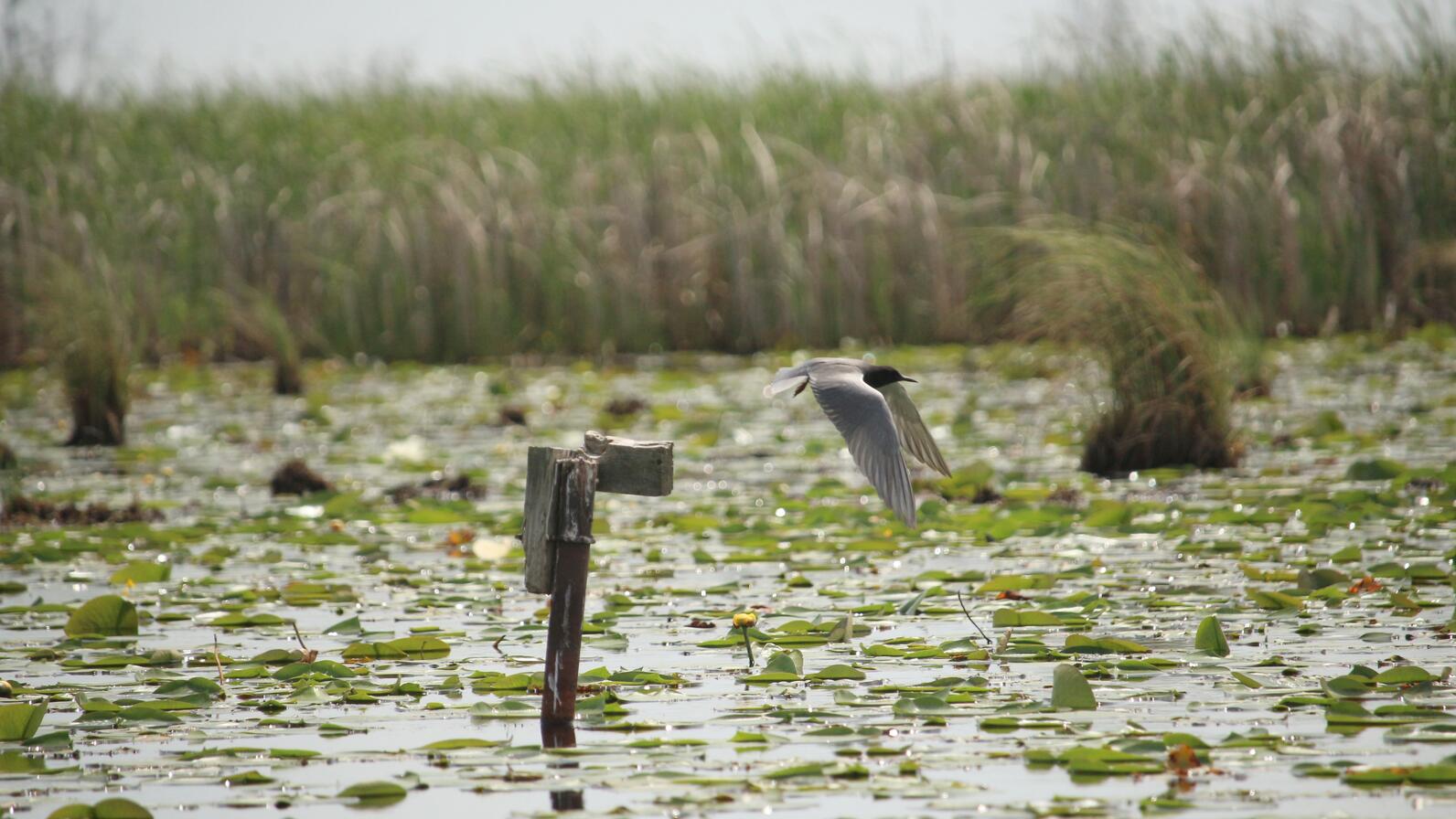MICHIGAN (August 7, 2024) – Michigan’s wetlands, crucial for the health of both birds and people, are set to receive vital restoration funding thanks to Governor Whitmer's newly signed state budget. This funding marks a significant win for Michigan’s wildlife, communities and natural resources and will be critical in helping to restore wetlands across the state.
“Michigan has lost 50 percent of its historic wetlands. The restoration of these natural areas between land and water can solve numerous issues facing Michigan, including loss of wildlife habitat and flood risk driven by our changing climate,” said Michelle Parker, Vice President and Executive Director of Audubon Great Lakes. “We applaud Governor Whitmer and the Michigan Legislature for recognizing the incredible benefits of wetlands and passing a budget that will help restore these important natural spaces.”
The FY25 state budget includes $10 million for The Water Infrastructure Initiative – Green Infrastructure Project. As the first state program of its kind, the initiative will provide funding to encourage local municipalities to restore and conserve wetlands and undertake other proactive strategies before flooding events occur.
“It’s getting warmer and wetter across Michigan. Among their amazing capabilities, wetlands store a tremendous amount of floodwater, slowly releasing it back into the environment. Wetlands restoration is an important tool to protect Michigan homes, business and streets from flooding,” said Brian Vigue, Policy Director of Freshwater for Audubon Great Lakes.
The budget also includes $3 million for the Michigan Department of Natural Resources to acquire and conserve wetlands throughout the state. This important work will benefit birds, other wildlife and communities.

Loss of wetlands has contributed to a significant decline of Great Lakes populations of breeding marsh birds over the past 30 years. A species that depends on wetlands, the Black Tern has lost nearly 99 percent of its state population since 1966, according to the USGS Breeding Bird Survey, and was added to the state threatened and endangered species list last year.
Audubon Great Lakes and its members mobilized in support of this important funding. In June, Audubon members and policy experts participated in Advocacy Day at the Michigan State Capitol , meeting with state lawmakers to emphasize the importance of wetlands. Thanks to this important advocacy, more birds will have habitat to thrive in Michigan in the years to come.
Across Michigan, Audubon Great Lakes is working to directly restore 12,500 acres of high-priority wetlands in areas such as Eastern Lake Michigan, St. Mary’s River and the Straits of Mackinac, Saginaw Bay, and Detroit River and the St. Clair Flats regions. Over the next decade, Audubon aims to positively impact 142,000 acres across the state in partnership with various stakeholders.
Among their benefits, wetlands also help to keep Michigan’s drinking water clean, and store carbon pollution to reduce harmful emissions that contribute to climate change.
About Audubon Great Lakes
Audubon Great Lakes is a regional office of Audubon, learn more at gl.audubon.org and follow us on Facebook, Twitter and Instagram.
The National Audubon Society protects birds and the places they need, today and tomorrow. Audubon works throughout the Americas using science, advocacy, education, and on-the-ground conservation. State programs, nature centers, chapters, and partners give Audubon an unparalleled wingspan that reaches millions of people each year to inform, inspire, and unite diverse communities in conservation action. A nonprofit conservation organization since 1905, Audubon believes in a world in which people and wildlife thrive.




